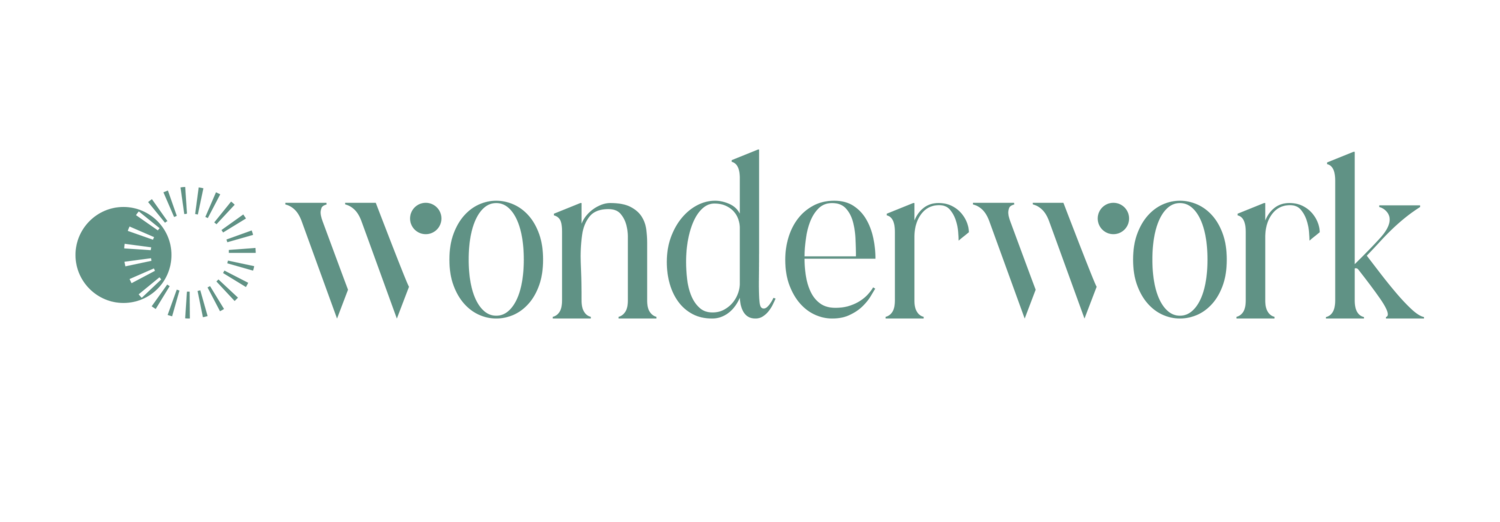When Your Child Has an IEP but is Still Struggling: Understanding and Overcoming Academic Challenges
Every child deserves a quality education that helps them reach their full potential, regardless of any learning challenges they may face. Individualized Education Plans (IEPs) are designed to provide specialized support to students with unique learning needs, aiming to bridge the gap between their abilities and academic success. However, there are instances when a child with an IEP may still encounter difficulties in their studies. In this article, we will explore the possible reasons behind this situation and provide actionable strategies for parents and educators to help their child thrive academically.
1. The Complexity of Learning Differences
It's important to recognize that the educational journey of each child is unique, and learning differences can be complex. While IEPs are tailored to address specific challenges, it's possible that additional factors contribute to your child's academic struggles. These factors may include:
Co-existing Conditions: Sometimes, a child may have multiple learning or behavioral issues that require different approaches. For instance, a child with dyslexia might also have attention difficulties (ADHD), making their learning process more intricate.
Emotional and Social Factors: Emotional well-being plays a crucial role in learning. If a child is dealing with stress, anxiety, or other emotional challenges, their ability to focus and engage in schoolwork might be compromised.
2. IEP Effectiveness and Reevaluation
If your child is still facing challenges despite having an IEP, it's essential to assess the effectiveness of the plan. IEPs should be regularly reviewed and adjusted based on your child's progress. Consider the following steps:
Communication: Maintain open lines of communication with your child's educators. Regularly discuss your child's progress, challenges, and any potential modifications needed to the IEP.
Reevaluation: Request a comprehensive reevaluation of your child's IEP if you suspect it needs adjustments. A reevaluation involves assessing your child's strengths, weaknesses, and any new challenges that have emerged.
3. Tailoring Strategies for Success
When your child is struggling despite having an IEP, it may be time to explore additional strategies that complement the support provided by the plan. Here are some effective approaches to consider:
Multisensory Learning: Incorporate various sensory modalities (sight, sound, touch) into the learning process. This approach can be particularly beneficial for children with dyslexia, ADHD, or other learning differences.
Executive Function Skills: Help your child develop executive function skills such as time management, organization, and planning. These skills are crucial for academic success and can be taught explicitly.
Tutoring and Enrichment: Consider enrolling your child in tutoring or enrichment programs that align with their interests and learning style. Individualized attention outside the classroom can boost confidence and comprehension.
Social-Emotional Support: Address emotional challenges by seeking counseling or therapy for your child. A positive emotional state can significantly impact their ability to engage and succeed in their studies.
When a child with an IEP is still facing academic challenges, it's important to remember that learning differences are nuanced and multifaceted. By maintaining effective communication with educators, regularly reviewing and adjusting the IEP, and implementing complementary strategies, you can empower your child to overcome obstacles and achieve their full academic potential. Every child's journey is unique, and with the right support and guidance, they can thrive in their educational pursuits.

